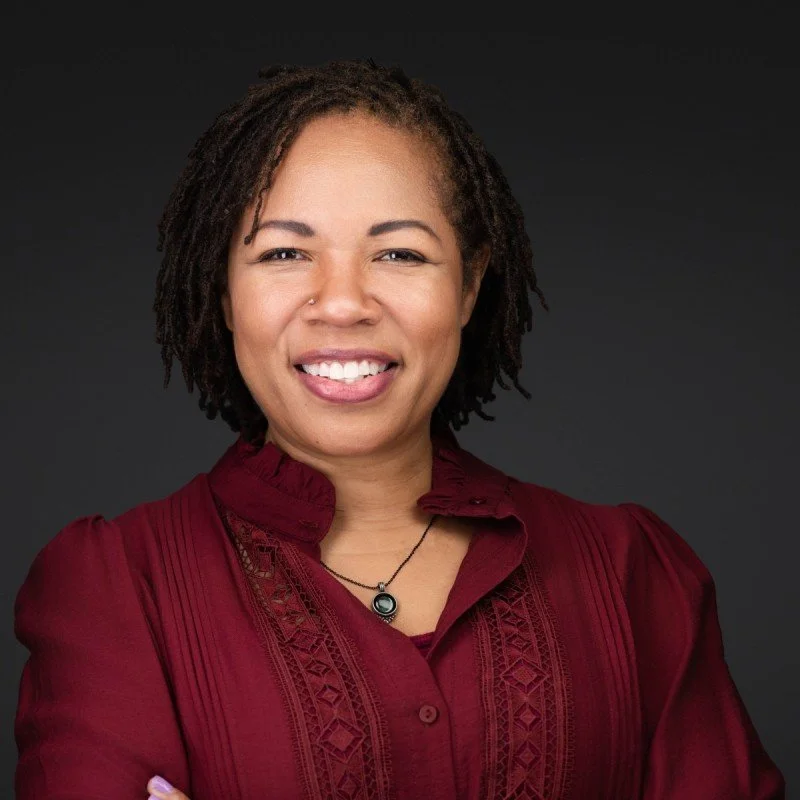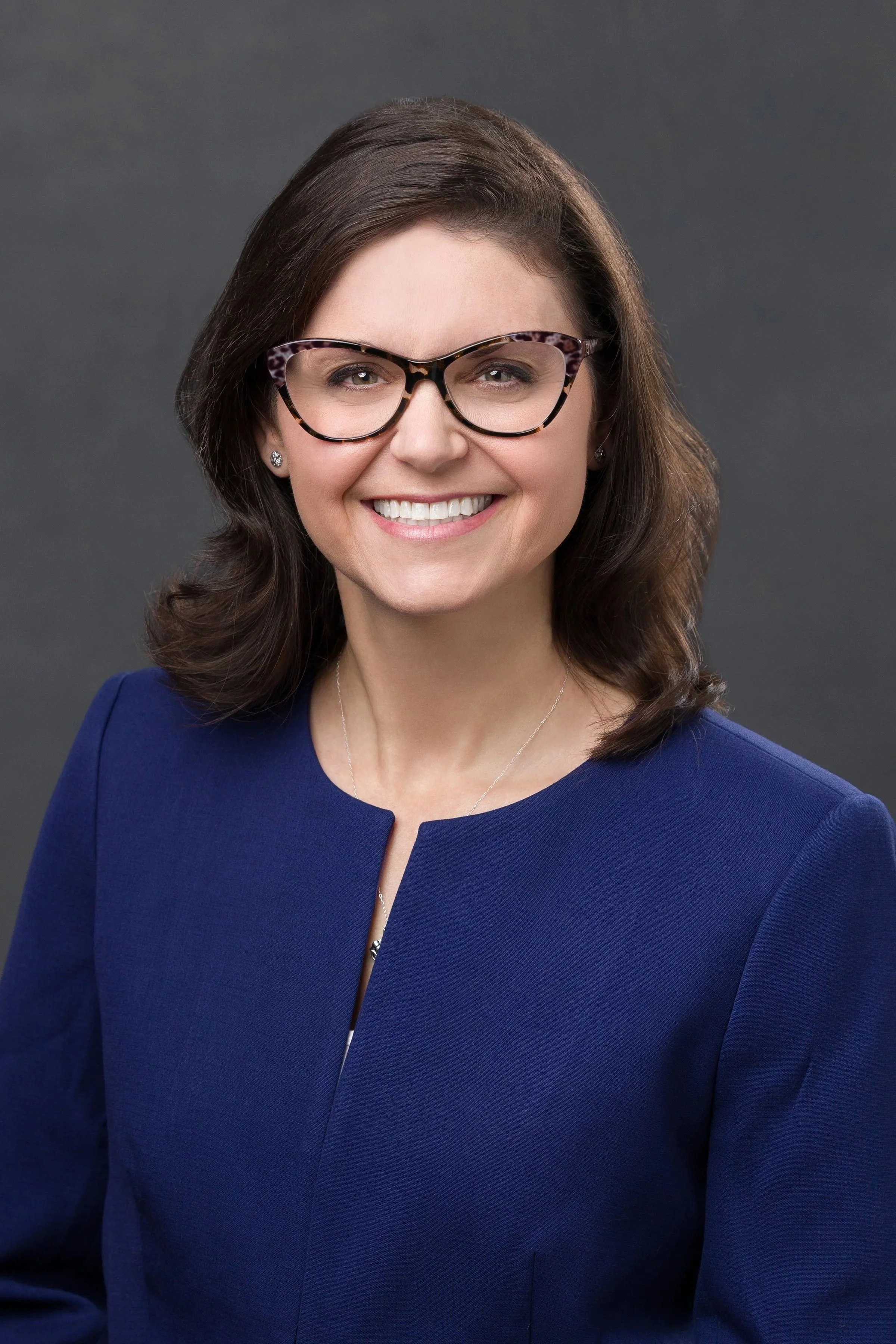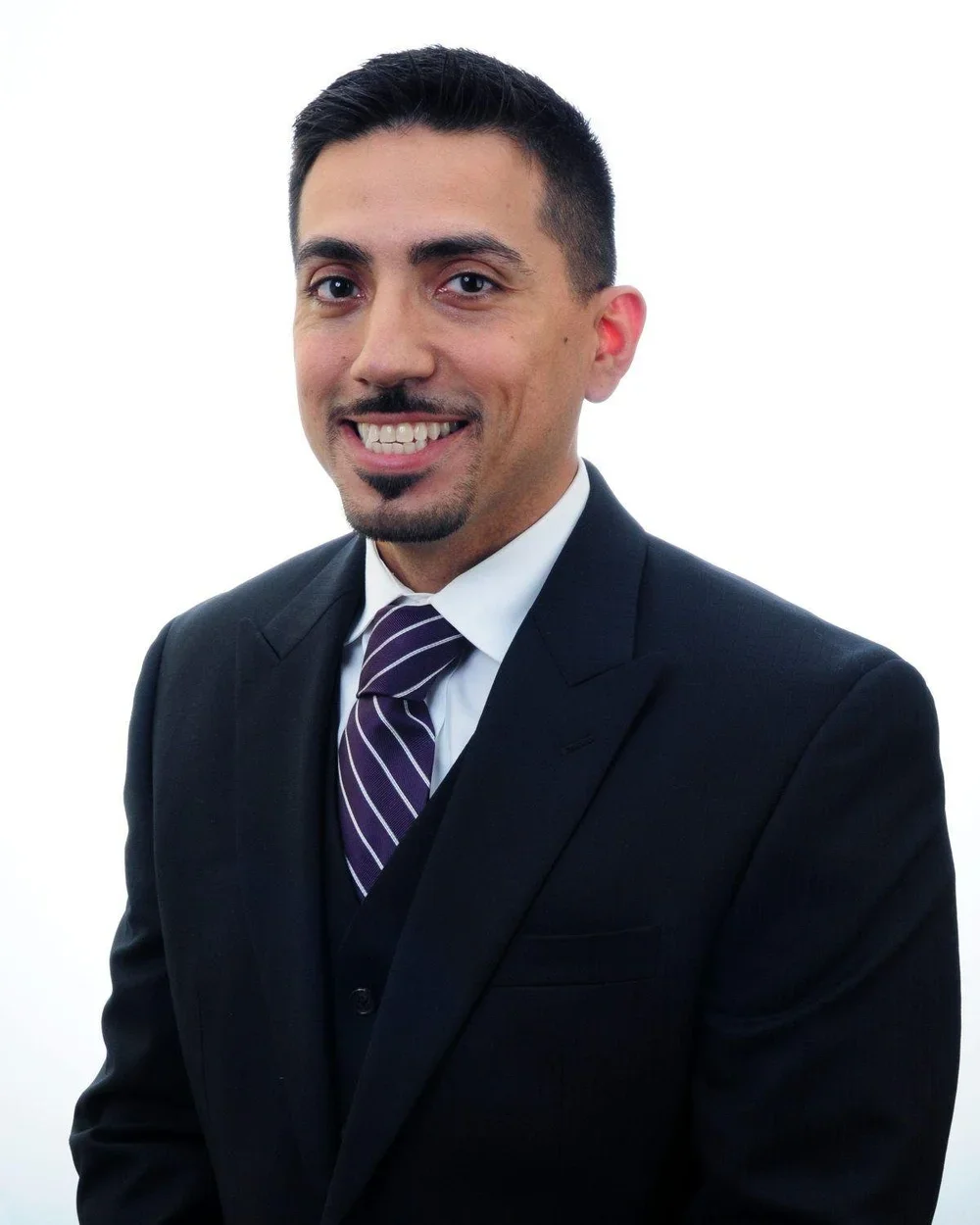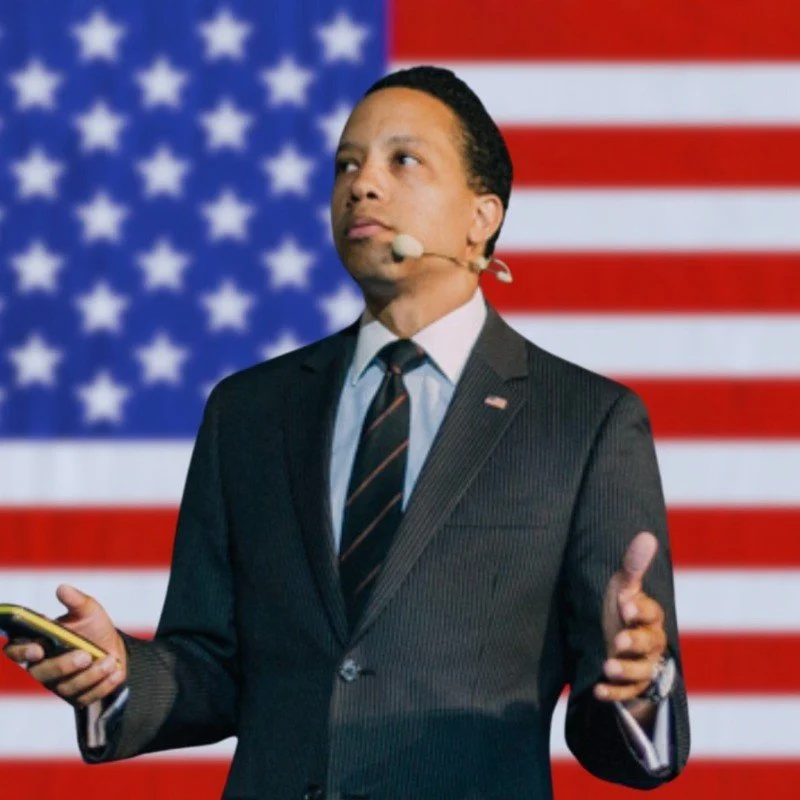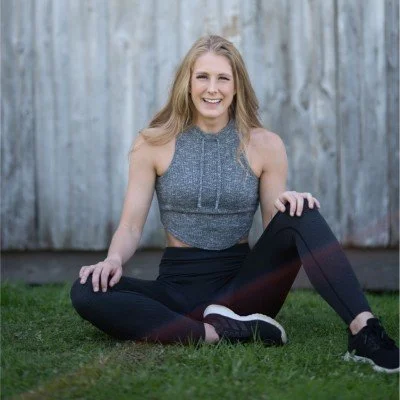Building Influence at Every Career Stage: A Conversation with Career Coach Katherine Cook
In this episode of The Two Piers Podcast, host Erica D’Eramo sits down with Katherine Cook, a career coach who helps engineers rethink their career paths, build influence, and navigate corporate environments more effectively. Drawing from her own journey from engineering to technical marketing, product management, and ultimately coaching, Katherine shares practical and candid insights into what it really takes to grow your career—at any stage.
Choosing Possibility with Adam Bouse: Grounded Optimism, Self-Awareness, and Nature-Based Coaching
In this week’s episode, we sit down with Adam Bouse, founder of Optimistic Coaching, to explore what it really means to choose possibility in the midst of uncertainty. Adam brings an honest and grounded approach to optimism, emotional intelligence, and resilience, shaped by his own journey of imbalance, self-awareness, and course correction.
Traveling with Food Allergies and Sensitivities with Melissa Olivadoti
In this episode of The Two Piers Podcast, we speak with medical affairs consultant Melissa Olivadoti about the realities of traveling with severe food allergies and sensory sensitivities — and what individuals, colleagues, and event organizers can do to create safer, more inclusive travel experiences.
The Power of Feedback: Why It’s a Practice, Not a Performance with Dr. Anthony Luévanos
In This Episode
In this week’s episode of the Two Piers Podcast, we continue our series on giving and receiving feedback with Dr. Anthony Luévanos. We explore the real reasons why feedback is often avoided, misunderstood, or mishandled — and why treating feedback as a disciplined practice rather than a one-off performance event is essential to building trust, alignment, and growth inside any organization.
Equity Is Not a Dirty Word: A Conversation with Celeste Warren
In this episode of the Two Piers Podcast, host Erica D’Eramo speaks with Celeste Warren, a veteran diversity and inclusion consultant with nearly 40 years of experience, about the real meaning of equity — and why it’s not the preferential treatment so many make it out to be. From her upbringing in a small Pennsylvania steel town to her tenure as Chief Diversity and Inclusion Officer at Merck, Celeste’s perspective cuts through the noise around DEI and brings the conversation back to what effective leadership really looks like.
Building Bridges Through Communication: A Conversation with Maria Gallucci
On this episode of the Two Piers Podcast, host Erica D’Eramo sits down with Maria Gallucci, a multi-award-winning Colorado Real Estate Broker, author, and lifelong advocate for inclusive communication and accessible housing. Maria shares her personal journey of growing up with deaf parents, the lessons she learned about empathy and connection, and her mission to bridge the gap between the deaf and hearing communities.
Why Delegation Matters: A Conversation on Administrative Support with Erika Pherson
Adaptive Leadership and Resilience: A Conversation with Dr. Anthony Luévanos
How Systems Thinking Transforms Leadership: A Conversation with Dr. Anthony Luévanos
On this episode of the Two Piers Podcast, host Erica D’Eramo is joined by Dr. Anthony Luévanos for a deep dive into systems thinking—what it is, why it matters, and how it can transform leadership, coaching, and organizational effectiveness. Drawing from his background in education, leadership development, and organizational systems, Dr. Luévanos brings a grounded and insightful perspective on leading in complexity.
Reconstructing Inclusion: Amri B. Johnson on Building Systems That Work for Everyone
In this episode of the Two Piers Podcast, host Erica D’Eramo welcomes Amri B. Johnson—social capitalist, epidemiologist, and founder of Inclusion Wins—for a deep, provocative conversation on what it really takes to create inclusive organizations. Drawing from public health, systems thinking, and his lived experience, Amri challenges the status quo in diversity, equity, and inclusion (DEI) and shares how we can move beyond performative gestures to meaningful, systemic change.
Into the Unknown: How Adventure Builds Confidence and Creative Power - with Filmmaker Ben Keller
In this episode of the Two Piers Podcast, host Erica D’Eramo sits down with Ben Keller, award-winning filmmaker and founder of Keller Media Works, to talk about creativity, risk, and the winding road that led him from sculpture to the music industry and ultimately to video production. Along the way, Ben shares insights on how adventure, adversity, and diverse experiences shape his work and worldview.
From Burnout to Breakthrough: Dr. Marissa Alert on Building Resilient, High-Performing Teams
In this episode of the Two Piers Podcast, host Erica D’Eramo sits down with Dr. Marissa Alert—a clinical psychologist and behavioral change expert who turned her personal experience with burnout into a mission. As the founder of MDA Wellness, Dr. Alert helps organizations move beyond band-aid solutions to build systems that truly support employee well-being and sustainable performance.
Building Community by Honoring the Individual - with Ellis Ivy
In this episode of the Two Piers Podcast, host Erica D’Eramo sits down with Ellis Ivy, founder of PowerFolx, a queer- and trans-centered martial arts program that is redefining what inclusion looks like in fitness. Together, they explore how martial arts can become a source of connection, healing, and empowerment for those often excluded from traditional gym spaces.
Whether you're in the LGBTQ+ community, a martial artist, or someone looking to build more inclusive environments, this conversation offers deep insights into how movement and community intersect.
DEIB as Risk Management: Why Insurance Is the Canary in the Coal Mine - with guest James Felton Keith
When we talk about Diversity, Equity, Inclusion, and Belonging (DEIB), we often focus on values, culture, or leadership. But what if DEIB is also a critical form of risk management—especially in insurance?
In this episode of the Two Piers Podcast, host Erica D’Eramo is joined by James Felton Keith, Chairperson of the International ISO-30415:DISM standard for DEI and CEO of Inclusion Score Companies. Together, they dig into the intersection of DEIB and insurance, explore the development of international standards, and unpack what organizations need to know to mitigate people management risks.
Finding Magic in the Mess with Molly Booker
On this episode of the Two Piers Podcast, host Erica D’Eramo sits down with author, songwriter, and self-discovery advocate Molly Booker. What unfolds is a deeply personal and inspiring conversation about authenticity, vulnerability, and the radical transformation that comes from letting go of perfection.
We're Back for Season Six!
After a brief hiatus, the Two Piers Podcast returns with Season 6. Host Erica D’Eramo opens the season with a candid reflection on the pause between seasons, the realities of supporting clients through turbulent times, and the personal journey that shaped this new chapter. Here's what listeners can expect from the season ahead.
Reflections on 2024 with Erica D'Eramo
As the year winds down, Two Piers Podcast host and founder Erica D’Eramo takes a moment to reflect on the milestones, challenges, and meaningful moments of 2024—both personal and professional. This special solo episode departs from the usual guest format to offer a candid look at what’s been unfolding behind the scenes at Two Piers and what’s ahead for 2025.
Leadership, Inclusion, and Lifelong Learning with Sarah Scala, M. Ed, PCC
In this engaging episode of the Two Piers Podcast, host Erica D’Eramo sits down with Sarah Scala, founder of Sarah Scala Consulting, to discuss the evolution of leadership, the importance of inclusion, and the value of lifelong learning. With over 25 years of experience in leadership and team development, Sarah shares her insights on how leaders and organizations can thrive in a rapidly changing world.
Embracing Discomfort for Sustainable Growth with Eliza Simmonds, Your Gym Bestie
In this episode of the Two Piers Podcast, host Erica D’Eramo welcomes health and fitness professional Eliza Simmonds to discuss setting realistic and sustainable fitness goals. Eliza shares insights from her journey, her teaching philosophy, and how fitness parallels professional coaching in fostering growth and resilience.


